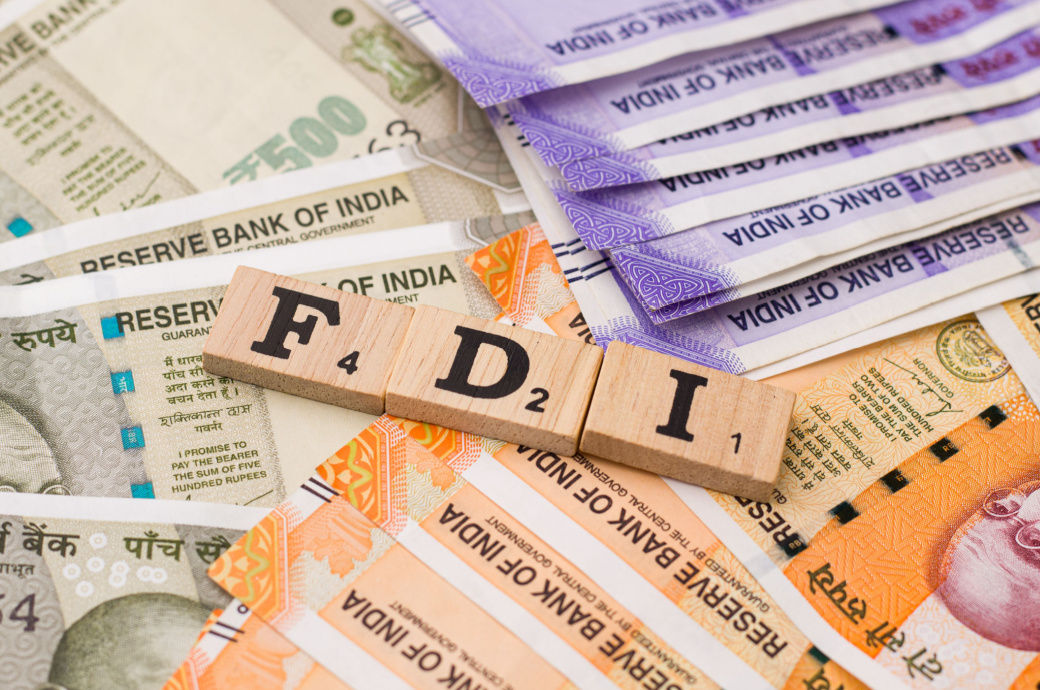
The ‘Make in India’ programme, which aspires to facilitate investment, foster innovation, enhance skill development and build best-in-class manufacturing infrastructure, has substantial accomplishments across 27 sectors, including manufacturing and services, the ministry of commerce and industry claimed in a press release.
To strengthen the programme, the government has initiated several other measures, including amendments to laws and liberalisation of guidelines and regulations to reduce unnecessary compliance burden, bring down cost and enhance the ease of doing business in the country, the ministry said.
Burdensome compliances to rules and regulations have been reduced through simplification, rationalisation, decriminalisation and digitisation, making it easier to do business in India, it said.
Additionally, labour reforms have brought flexibility in hiring and retrenchment. Quality control orders have been introduced to ensure quality in local manufacturing. Steps to promote manufacturing and investments also include reduction in corporate taxes, public procurement orders and the Phased Manufacturing Programme.
The National Single Window System (NSWS) launched in September last year aims at improving ease of doing business by providing a a single digital platform to investors for approvals and clearances.
The One-District-One-Product (ODOP)initiative is another manifestation of the 'Make in India' vision for facilitating promotion and production of the indigenous products from each district of the country and providing a global platform to the artisans, agricultural producers and manufacturers.
Fibre2Fashion News Desk (DS)